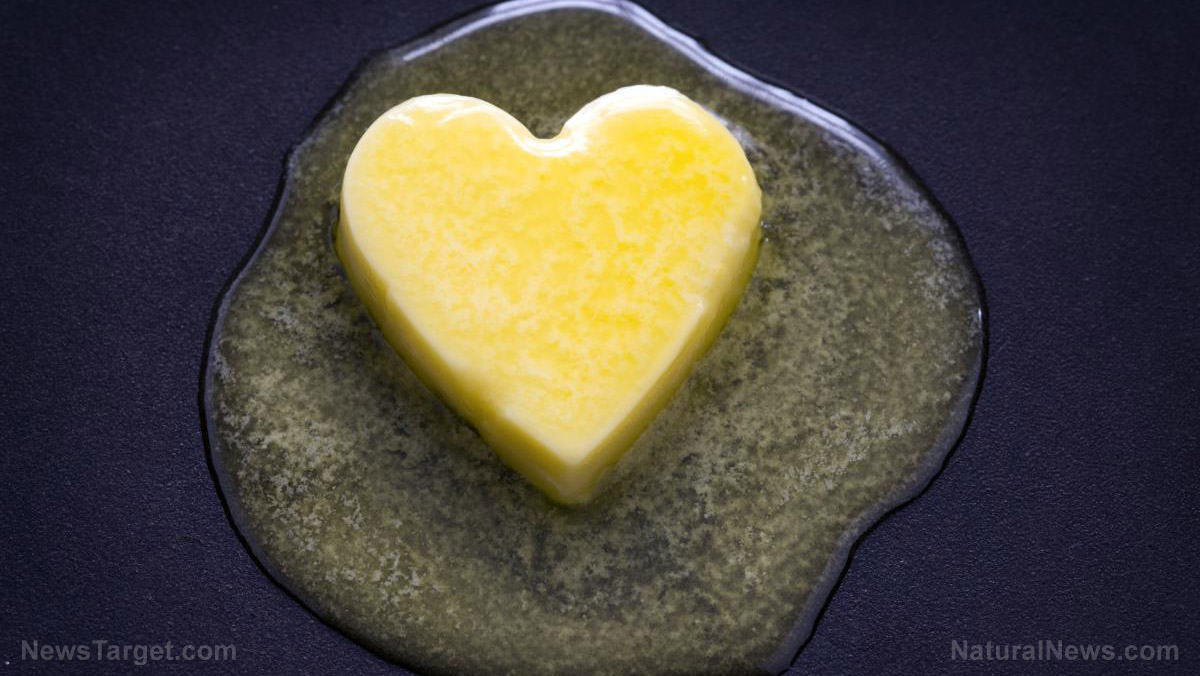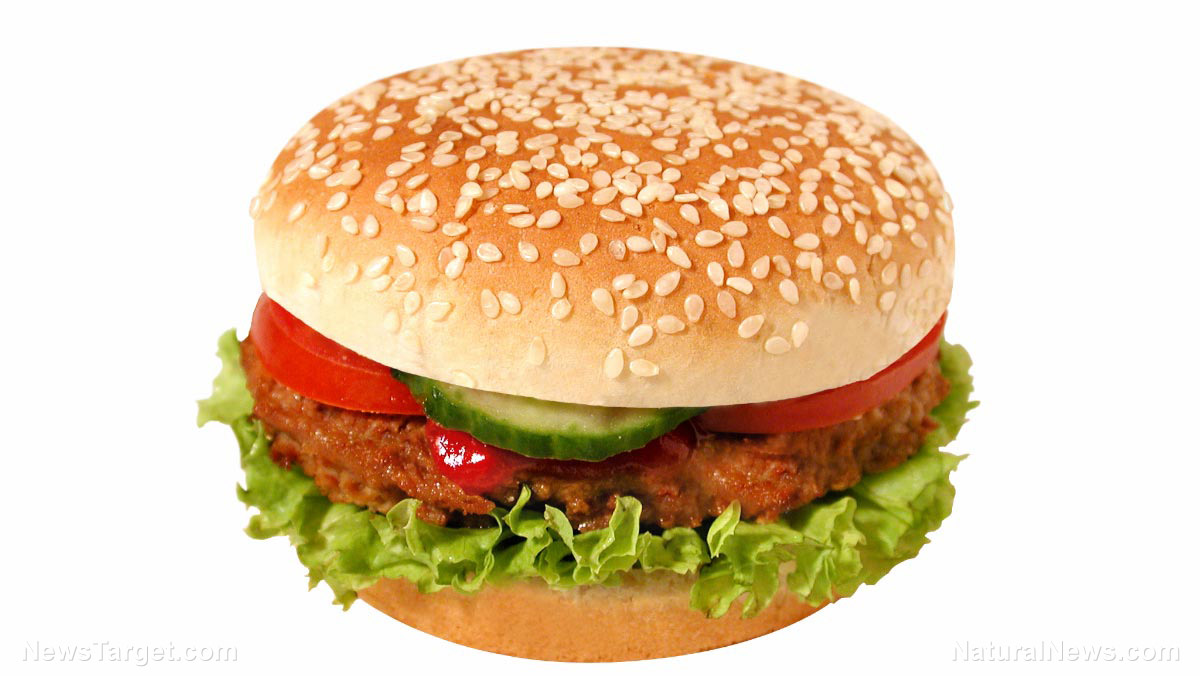
Advertisement
Did you know that what dairy cows eat can affect the nutritional value of the food products derived from them? This means that their milk and butter can be negatively affected if the cows are improperly fed. Conversely, if they are pasture-raised and are strictly on a grass diet, the foods they produce may provide more nutritional benefits. Consider switching out the butter in your fridge with a more nutrient-rich butter alternative.
Grass-fed butter is easy to incorporate into your diet
Switching up your recipes that include butter won’t be a problem because both the taste and the texture of grass-fed butter is almost identical to the regular, store-bought kind, which makes it easy to add to your diet.
Grass-fed butter is more nutritious
A study conducted by the Journal of Dairy Science, demonstrated that replacing the regular corn-based diet of cows with fresh grass can modify the nutritional properties of butter, as well as its taste. When comparing this nutritional content with regular butter, grass-fed butter has been found to contain higher amounts of vitamins and healthy fats. (Related: Can saturated fat be healthy? Grass-fed butter increasingly seen as a nourishing, healthy food.)
Rich in vitamin A
One tablespoon (14 g) of grass-fed butter contains around 10 percent of the recommended daily intake of vitamin A. Because vitamin A is fat-soluble, your body cannot produce it on its own and therefore needs to be consumed from other sources. Eating grass-fed butter can help you reach the amount of vitamin A your body needs every day.
Rich in beta-carotene
Because grass-fed butter is rich in vitamin A, this means that it is also rich in the antioxidant beta-carotene, a compound that your body converts into vitamin A. It has been found that grass-fed butter contains even more beta-carotene than regular butter. Experiments involving cows that were 100 percent grass-fed and cows that were fed a mixed diet of corn and grass showed that the butter made from the milk of fully grass-fed cows contained more beta-carotene.
Contains plenty of vitamin K2
Grass-fed cows are a great source of vitamin K2. Vitamin K2 or menaquinone is a fat-soluble vitamin mainly found in animals. This vitamin plays a key role in keeping your bones and your cardiovascular system healthy.
Filled with unsaturated fatty acids
Unsaturated fatty acids, such as monounsaturated and polyunsaturated fatty acids, are type of fat that is considered to be beneficial for your overall health. A study conducted by the International Journal for Vitamin and Nutrition Research found that grass-fed cows have an increased concentration of these healthy unsaturated fats. Consuming unsaturated fats is important because it may be able to help reduce your risk of heart disease.
Contains conjugated linoleic acid
Conjugated linoleic acid (CLA) is a type of fat that is very beneficial to the body. Many studies have been done examining its effects on overall health and most have plenty of positive things to say about CLA, such as how it may reduce the risk of certain cancers (e.g. breast cancer) and how it can induce cancer cell death. An experiment done on cows found that grass-fed cows contain 500 percent more CLAs than regular cows.
With all the scientific evidence suggesting that grass-fed butter is a superior superfood alternative to regular butter, it may be time to switch out your regular butter. Even other products from grass-fed cows have been found to be nutritionally superior to those derived from cows raised on mixed diets.
So, the next time you go to the grocery to buy some butter, make sure that you’re buying the grass-fed kind, especially if you’re concerned about increasing your nutrient intake.
Sources include:
Advertisements







